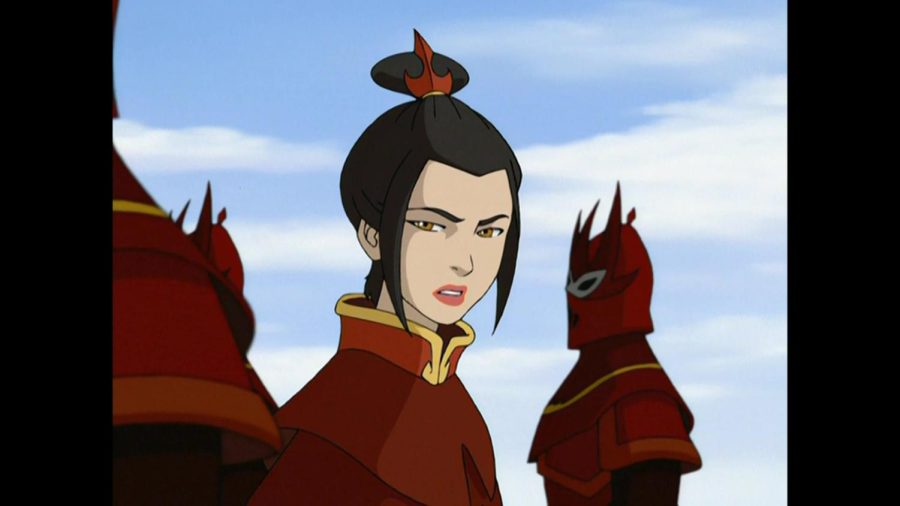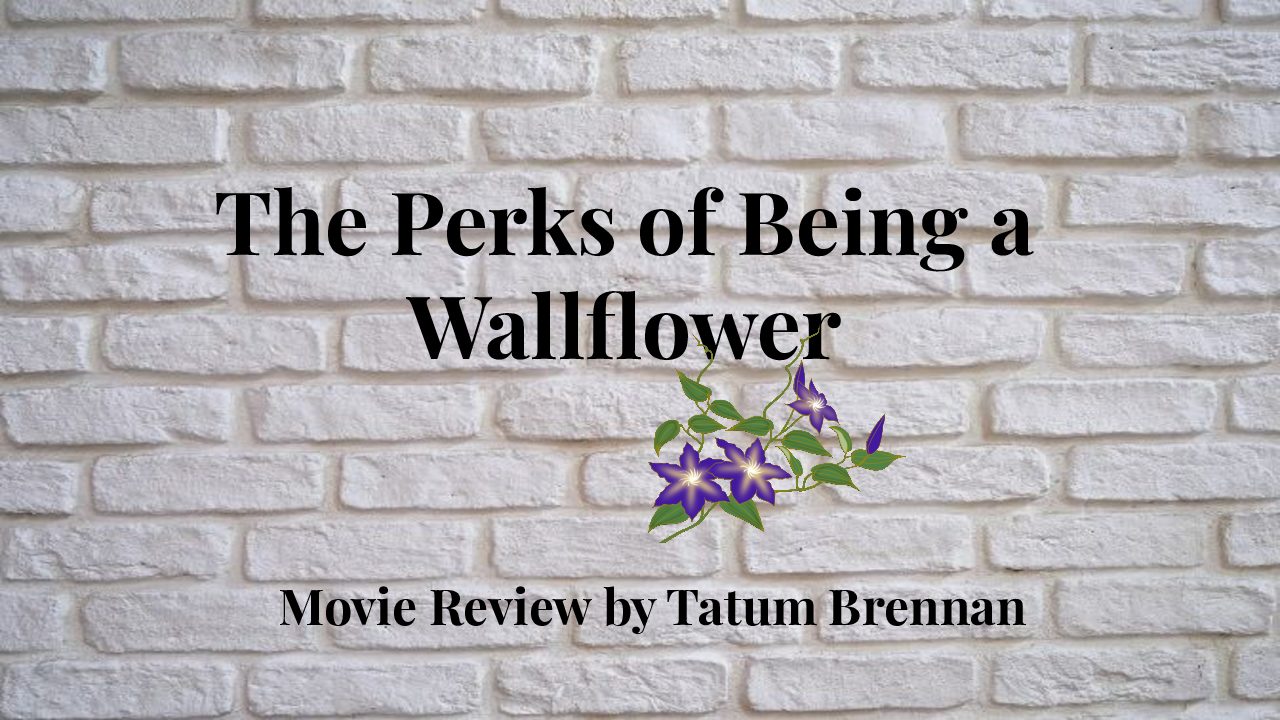Defending Azula, Avatar: The Last Airbender’s misunderstood antagonist
Avatar: The Last Airbender, season 2, episode 1, “The Avatar State,” written by Michael Dante DiMartino and Bryan Konietzko, https://www.netflix.com/watch/70136314?trackId=255824129
January 25, 2023
Avatar: The Last Airbender (ATLA) is a popular kids’ show that aired on Nickelodeon from 2005 to 2008 for three seasons. In May 2020, the show was added to Netflix in the United States and Canada, allowing now-adults to rewatch a childhood classic—and inviting first-time viewers to enjoy it. Many consider this show one of the best, and it received critical acclaim, as it expands on sensitive yet meaningful topics such as corruption, sacrifice, and identity—rarely mentioned topics in kids’ entertainment.
In ATLA, Aang, Katara, Sokka and Toph (Team Avatar) embark on a journey to restore peace to the world 100 years after the Fire Nation declared war on the other three nations: Air, Water, and Earth. As the Avatar, controller of all four elements, Aang is destined to keep the nations and their elements in balance.
Another parallel storyline follows Zuko, the exiled prince of the Fire Nation. He strives to capture the Avatar and bring him to his father to receive the respect he wants. Urging Zuko to find inner peace and not let fury overtake him, his Uncle Iroh accompanies him.
Team Avatar’s characters are universally loved because they are ambitious, powerful and hilarious. Although Zuko is the antagonist, his determination, emotional backstory and fantastic character development easily capture viewers’ hearts.
However, there is one character that everyone seems to hate. With her manipulative, sadistic and toxic personality, Zuko’s sister Azula is universally shamed. Even though she is a morally terrible character, Azula does not deserve the insults or defamation.
Azula is the esteemed princess of the Fire Nation. Her father Ozai praises her powerful fire-bending combat skills (she is the only character in the franchise that creates bright blue flames, which is terrifying on its own already). She is passionate, determined to capture the Avatar, and loyal to her nation.
But Azula is what most watchers would call insane. She is hot on Team Avatar’s tail throughout the show, creating intense fight scenes and betrayals.
As a fire-bending prodigy, Azula grew to learn that she was someone important and superior, so she demanded respect from others without returning it. She only had two friends—henchwomen is more accurate—who did everything she wanted them to do. All of these instances led Azula to become narcissistic and selfish. But was it her fault that she was so excessively praised and doted on that she became this way?
With no mother or motherly figure to guide her, she grew up under the abusive Ozai, who had strict expectations for her to be a child soldier. She was meant to be perfect. No mistakes, no insecurities, no fragility. This unfortunately and inevitably leads to the decline of her mental state. With this constant pressure to be a perfect princess after her brother’s banishment, it’s easy to see how she quickly became the way she is now.
Additionally, Azula grew up harboring beliefs that she was a monster. She thought her mother, who was banished from the Fire Nation, preferred Zuko over her and had always despised Azula for being disrespectful. This feeling of self-hatred and anxiety about never being good enough, especially for someone as important as her mother, also played a tremendous role in her declining mental stability.
When kids watched this show on Nickelodeon back then, they always hated Azula for being the antagonist. Nowadays, whenever anyone shows Azula sympathy, they are automatically criticized in online forums.
I agree that she’s evil and vengeful. However, watching this show now as a high school student, I sympathize with her character. Azula developed revolting personality traits from being raised by her controlling father. She grew up alone with no support system and never truly had people who loved her for who she was. And most importantly, Azula never loved herself.
Azula was never a villain—she was misunderstood. She deserves a redemption arc, happiness and a meaning in life she wants and finds on her own. Nobody should ever experience a life-shattering moment of losing their purpose and identity, as Azula did at the end of the show.







